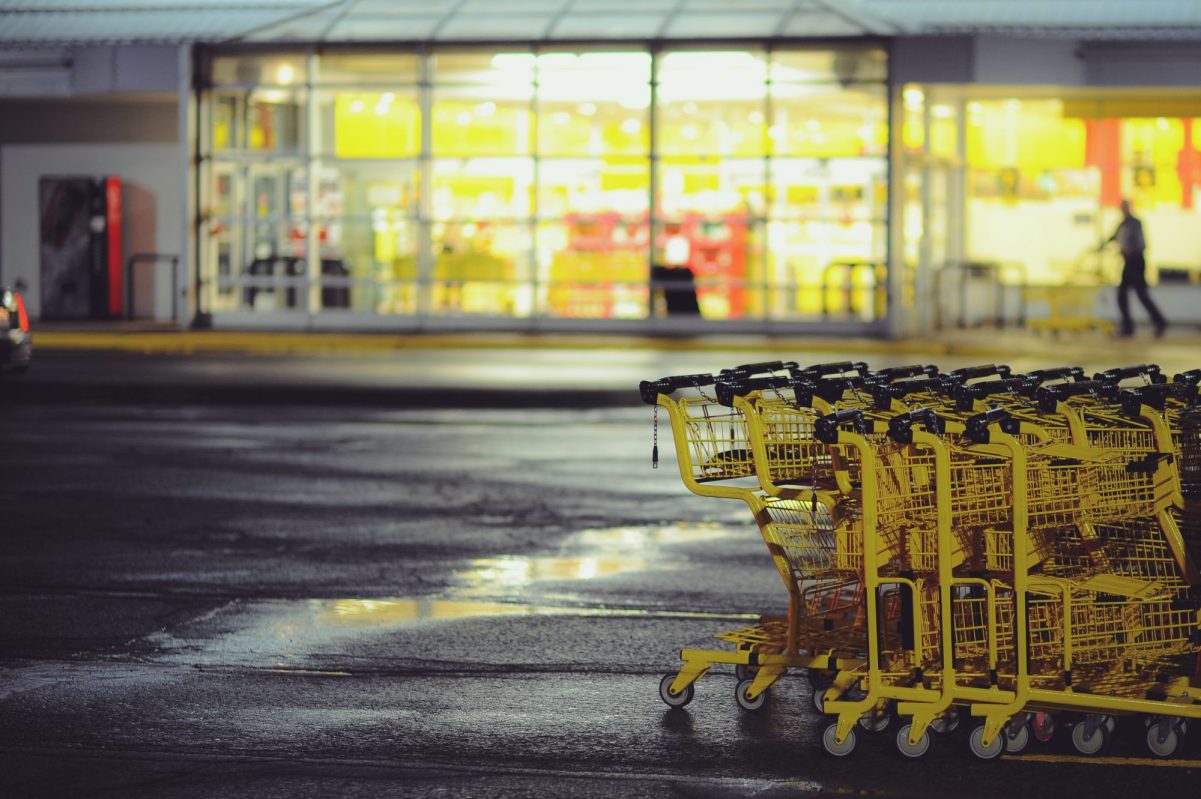Excuse the semi click-bait title, I just didn’t really know how else to title this article. There’s a desire among progressives to ensure that we’re supporting companies and people that support minorities and the oppressed and not supporting those who are working against them. I’m definitely one who attempts to choose my support carefully.
I don’t shop at Hobby Lobby because of their refusal to provide birth control to employees under their health insurance. I don’t eat Chick-Fil-A because of their support for anti-LGBT causes. I don’t shop at Walmart because of their horrible people practices. I don’t bank with Wells Fargo because of their adamant support of the DAPL, and the fraudulent activity they have engaged in on multiple occasions.
And there’s nothing inherently wrong with choosing where we spend our money based on their values and what they support. I think it’s important to spend your hard earned money on companies you feel comfortable giving money to. If you wouldn’t give your money directly to a cause that they have, are you still comfortable giving the company your money to use in that way?
But trying to be perfectly progressive can be, as I’ve found recently, detrimental.
I found a website that allows you to see how much of a company’s money goes toward democratic or republican organizations and politicians. The website is obviously left-leaning, but allows you to see how much the companies you frequent support the same values you do.
Unfortunately, this sent me into a tailspin. I found that my preferred grocery store, Publix, gives 80% of their contributions to conservative organizations. I couldn’t shop there anymore!
So I set out on a quest to find a new grocery store. And yes, there are plenty of grocery options. The cheapest being dollar stores, but some food products barely qualify as food. I didn’t want to sacrifice the quality of the food I ate to save a buck.1 Other cheap options like Aldi and Trader Joes were on the opposite sides of town in areas I never frequent. Is it worth it to drive across town just for one store? And even my friends who do shop at Aldi agree that it’s not a pleasant experience.
And there’s always Walmart. But I have a strong dislike of them. Why? Is my dislike of Walmart classist? Potentially so. Growing up, it was a place “we didn’t shop at.” Whatever the exact reasoning for that is is not known, but it definitely has a slightly classist vibe to it, and is a mindset I have held for a while. But there is also the predatory ways Walmart advertises, the poor ways they treat their people, and their horrible corporate overloads and entities trying to get everyone else out of business.((A lot of this is not exclusive to Walmart, they are just so large they take the brunt of the criticism.))
My last thought was Target. They give a greater portion to progressive ideals, and I enjoy shopping there in general. I also used to do my grocery shopping there when I lived in Michigan. Unfortunately, it’s still not as convenient at Publix. But I gave it a chance. I went to Target with every intention of doing my grocery shopping there. But I just couldn’t do it.
As much as I love shopping at Target for non-groceries, I’ve become unable to do it for groceries. It filled me with anxiety about where things were. I didn’t know if I could stick to my budget and get everything I needed. The best part of grocery shopping at Publix is BOGO. Apart from staples like milk and eggs, I almost never buy anything that isn’t on BOGO. This allows me to save money on items if I only want one, or stock up with two if I want.
This eliminates the need to plan out my grocery trips before going. I don’t have to check sales and look for coupons because it’s posted in the aisles. I don’t have to plan out what I want for the week; I allow the store to tell me. It also helps me stay on budget because I’m spending less than I normally would on these items.
Switching to Target would require me to plan my trips. What’s on sale? What coupons do I have? What do I want, and will it stay in budget? Honestly, I just don’t have the energy to devote the time to that anymore.
So I resigned myself to shopping for my groceries at Publix, even if they are a rather conservative company. And that’s okay. At the end of the day, my limited spending there will not make that much of a difference in the long run. Nor is me not spending my money there. But what will make a difference is me respecting my time and energy and ensuring I’m doing what’s best for myself and what works for my budget.
- The fact that cheap food is poor quality food is a large problem of its own. [↩]





